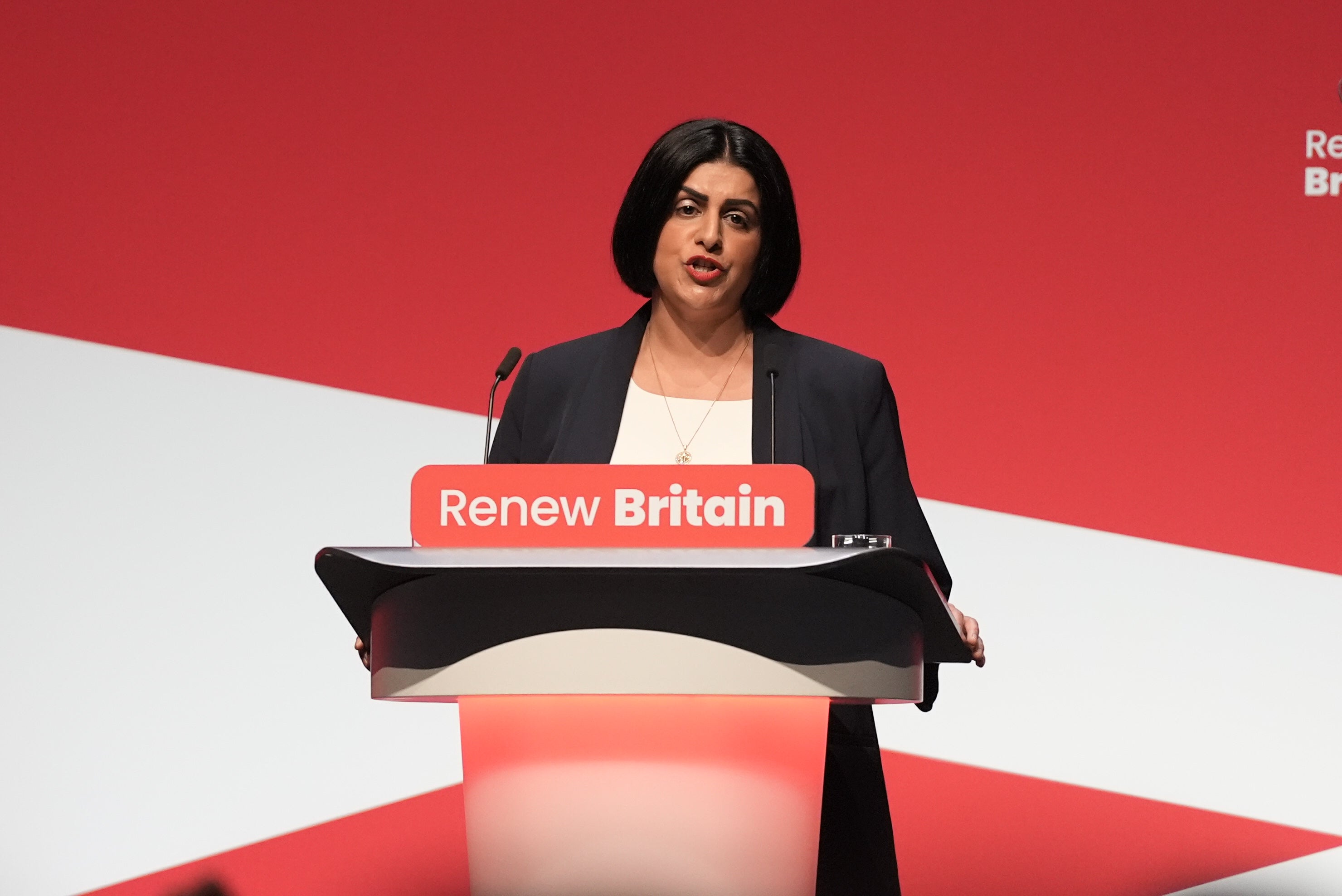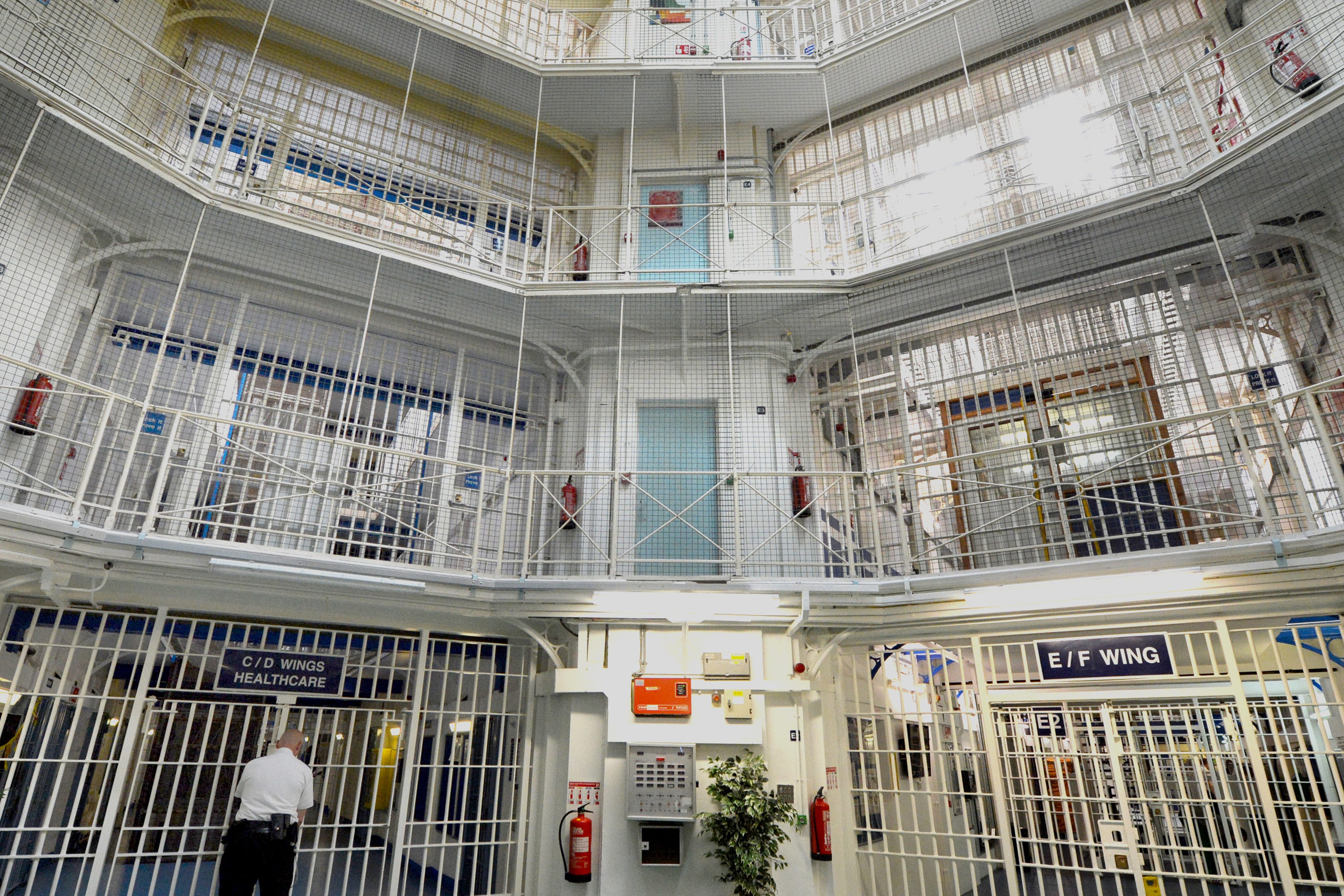Nearly 40,000 prisoners in England and Wales have been granted early release under the government’s scheme to tackle overcrowding in prisons.
New figures from the Ministry of Justice revealed that 38,042 inmates have been freed as of the end of June this year.
The scheme, launched as an emergency measure on September 10 last year, followed a record high prison population of 88,521.
It allows eligible prisoners to be released after serving only 40 per cent of their fixed-term sentence, rather than the usual 50 per cent.
Officials warned in May that male prisons were on track to hit zero capacity by November this year.

Some 10,879 of the 38,042 early releases (28.6 per cent) were serving sentences of six months or under, with a further 5,241 (13.8%) serving sentences of between six and 12 months.
The age group that made up the greatest proportion of early releases was 30 to 39-year-olds (37.6 per cent of the overall total), followed by 40 to 49-year-olds (23.4 per cent).
HMP Humber in Brough, near Hull, has released the highest number of inmates so far under the scheme (1,126), followed by Berwyn in Wrexham (1,064); Fosse Way in Leicester (1,037); and Parc B in Bridgend (830).
The current scheme for the early release of prisoners replaced a separate scheme introduced by the previous Conservative government.
Under this separate process, 13,325 prisoners in England and Wales were freed early between October 17 2023 and September 9 2024.

Fresh legislation aimed at ending the prison capacity crisis in the long term was introduced in Parliament in September.
As the Sentencing Bill was laid by the then-justice secretary Shabana Mahmood, she said last year the criminal justice system was “on the verge of collapse” and vowed the legislation would ensure prisons “never run out of space again”.
The Bill includes plans for a Texas-inspired earned release scheme, where inmates who demonstrate good behaviour could be freed earlier, while those who break the rules will serve longer jail time.
Tougher punishments in the community are expected to replace prison sentences of a year or less, including financial penalties and new powers for judges to ban criminals from pubs, concerts and football matches.
Tens of thousands of offenders will also be tagged and monitored in the community as part of the reforms.
The legislation is expected to come into force next year, while ministers have also vowed to build 14,000 new prison places by 2031.
Energy debt to be written off for thousands as others face £5 rise to bills
Lack of anaesthetists hampering bid to cut surgery waiting lists – study
Seven important changes rental reforms will bring for tenants
Reeves need not resign after admitting rental rule break, minister insists
Attack on maternity hospital must be ‘turning point’ in Sudan conflict – Dodds
Prince Andrew ‘faces private prosecution’ after Giuffre-Epstein scandal: Latest







